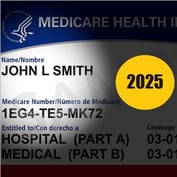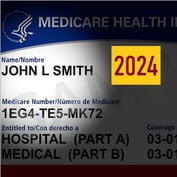Older baby boomers may be starting to get the message that paying for long-term care (LTC) could be difficult.
Experts at the National Council on Aging (NCOA), Washington, have come to that conclusion in a report the group conducted together with UnitedHealth Group Inc., Minnetonka, Minn. (NYSE:UNH), and USA Today.
The sponsors of the report commissioned a telephone survey of 2,250 U.S. residents ages 60 and older that took place from May 10 through June 6.
About 8% of the survey participants are already getting LTC services, and 56% of the participants who are getting LTC services said paying for the services is easy. About 18% are getting LTC services “for free,” and 24% said paying for the services is difficult.








 August 08, 2012 at 09:37 AM
August 08, 2012 at 09:37 AM










